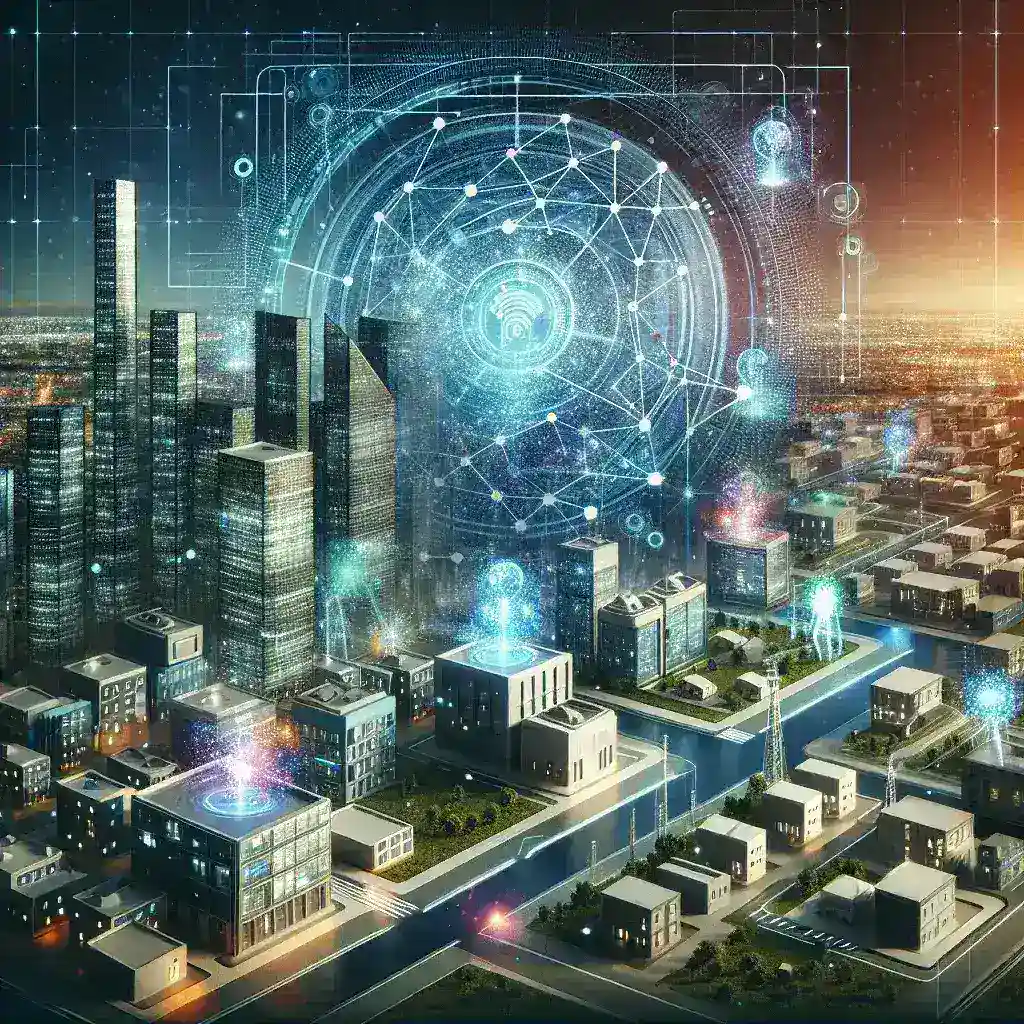Introduction
As the world embraces renewable energy sources and strives for sustainable solutions, AI for smart grids has emerged as a pivotal technology in managing energy distribution effectively. This innovative integration of artificial intelligence serves as a game-changer for the energy sector, facilitating improved grid management and responding to the increasing demand for electricity.
Understanding Smart Grids
A smart grid is an electricity supply network that uses digital communication technology to detect and react to local changes in usage. Unlike traditional grids, smart grids provide two-way communication between the utility and its customers, enabling better demand-side management.
Benefits of Smart Grids
- Enhanced Reliability: Smart grids can detect faults and reroute power automatically, leading to fewer outages.
- Energy Efficiency: With real-time monitoring, smart grids can optimize energy distribution and consumption.
- Integration of Renewables: Smart grids facilitate the incorporation of renewable energy sources like solar and wind into the energy mix.
The Role of AI in Smart Grids
Artificial intelligence plays a crucial role in transforming how smart grids operate. By employing advanced algorithms to analyze data from various sources, AI enhances decision-making processes and operational efficiency.
Key Applications of AI in Smart Grids
- Predictive Maintenance: AI can predict equipment failures before they occur, allowing for timely maintenance and reduced outage times.
- Load Forecasting: AI algorithms analyze historical data to predict future energy demands, aiding in optimal resource allocation.
- Energy Theft Detection: AI systems can identify irregular patterns of energy consumption, helping utilities reduce losses due to theft.
- Grid Security: AI enhances cybersecurity measures, protecting the grid from potential threats and vulnerabilities.
Challenges and Future Potential
While the integration of AI into smart grids offers significant benefits, there are challenges that need to be addressed. These include data privacy concerns, the need for robust infrastructure to support advanced technologies, and the necessity for skilled personnel.
Looking ahead, the potential for further advancements in AI technology is vast. With continuous innovations and research, AI can lead to even smarter grids, improving the overall efficiency and sustainability of energy systems worldwide.
Conclusion
The combination of AI and smart grids marks a new era in energy management. By leveraging advanced technologies to enhance decision-making and operational efficiency, the energy sector can move towards a more sustainable future. Embracing AI capabilities will not only bolster grid reliability but also pave the way for significant advances in clean energy utilization.


Leave a Reply